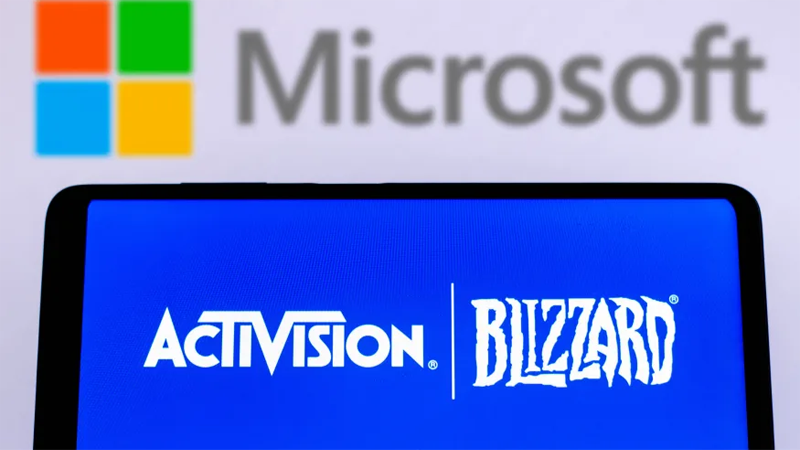The proposed merger between Microsoft and Activision Blizzard has sparked a heated debate, with Microsoft asserting that the majority of PlayStation owners do not play Call of Duty. This claim, however, is being contested by the Federal Trade Commission (FTC), which insists it has evidence to the contrary as reported by CharlieIntel .
As Microsoft continues its quest to secure approval for the Activision Blizzard merger, the tech giant has found itself embroiled in a legal dispute with the FTC. The crux of the argument lies in court documents, recently made public, where Microsoft contends that Call of Duty is not a significant draw for most PlayStation users. The FTC, however, has countered this claim, citing undisclosed evidence that suggests otherwise.
Credit: Microsoft / Activision Blizzard
Interestingly, the FTC has also pointed out that Activision has hinted (in redacted comments) that their games could be released on cloud platforms without the need for Microsoft’s ownership. This assertion further complicates the ongoing negotiations and raises questions about the necessity of the merger.
The FTC’s recent filing also brings up the issue of game exclusivity, citing the cases of Starfield and Redfall, which became Xbox exclusives following Microsoft’s acquisition of Bethesda in 2021. The FTC suggests that a similar fate could befall Activision Blizzard games if the merger is approved .
Microsoft’s attempts to assuage these concerns, such as proposing long-term deals with various studios and even suggesting bringing Call of Duty games to Nintendo, have not convinced the FTC. The regulatory body has dismissed Microsoft’s 10-year agreements as irrelevant, arguing that these deals, primarily signed in foreign countries, do not adequately address concerns in the US market. The FTC further criticizes these agreements as having “loopholes” and being “facially ambiguous,” presenting significant questions about their effectiveness.
While Microsoft continues to push for approval in the US, it also faces hurdles in the UK, where the Competition and Markets Authority (CMA) blocked the acquisition in April due to concerns about Xbox’s potential dominance in the cloud gaming market. Microsoft is currently appealing this decision.
In conclusion, the FTC argues that if Microsoft’s claim that Activision would operate separately post-acquisition is true, then not moving forward with the deal would not cause significant harm to Microsoft. This statement underscores the FTC’s skepticism about the merger and its potential impact on the gaming industry.


Deixar um comentário